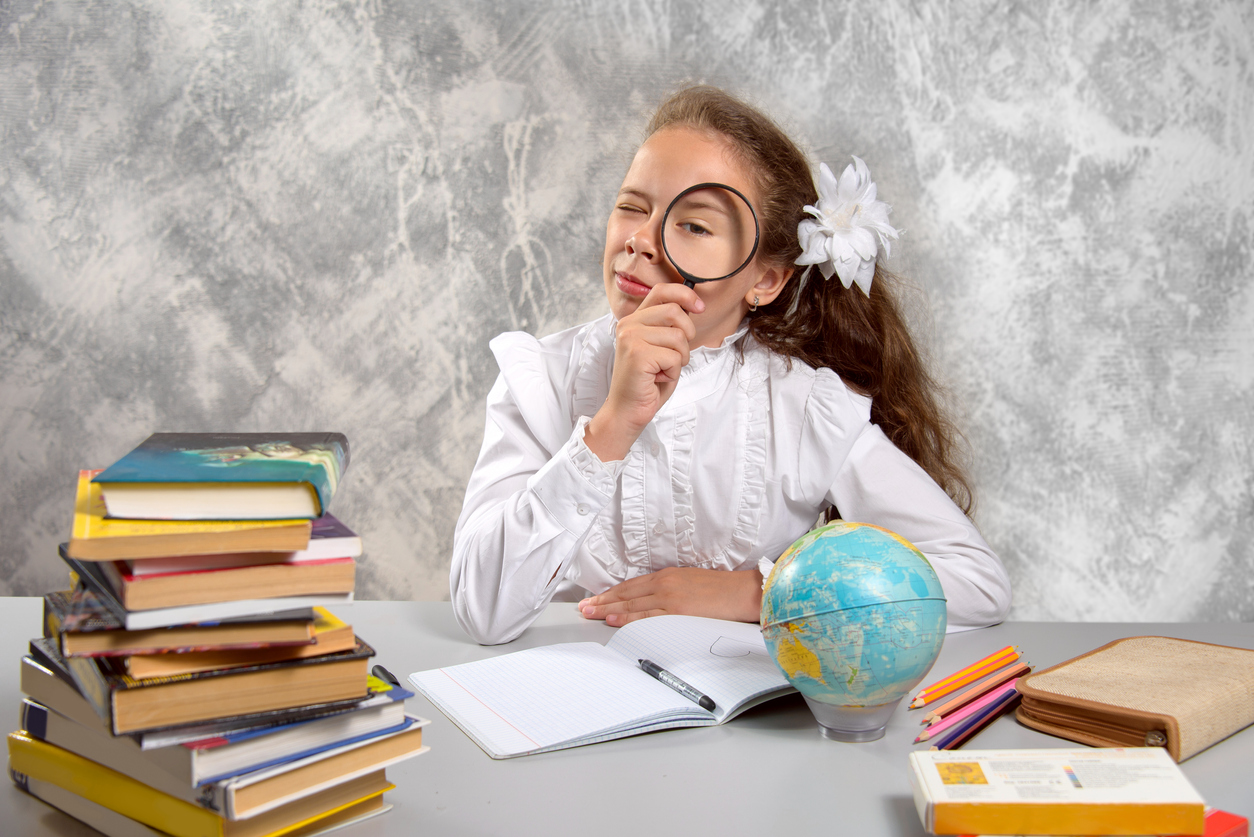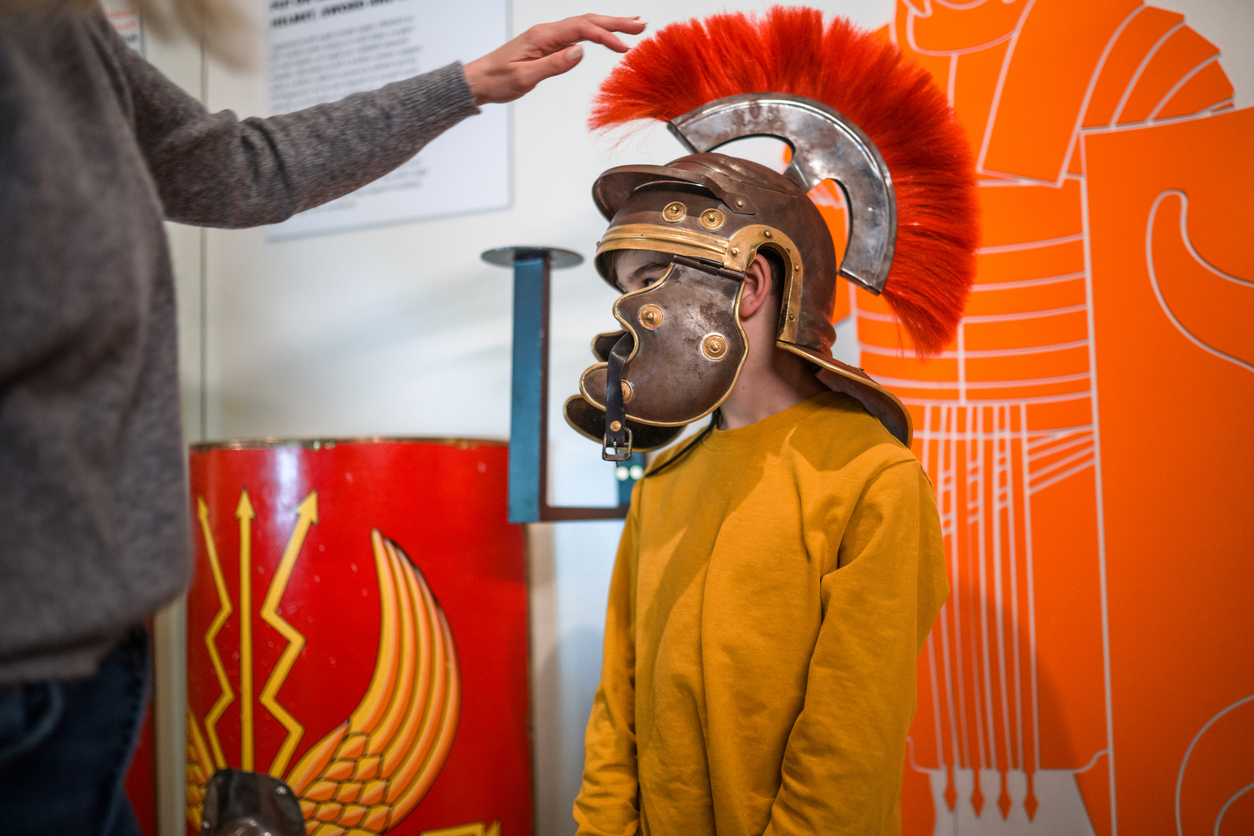
Simulation-based learning involves using simulated or immersive environments to facilitate learning and skill development. It’s a technique where learners engage with realistic scenarios or replicas of real-world situations to gain practical experience without real-life consequences.
In the social studies classroom, simulation-based learning and role-playing can be incredibly effective as these learning opportunities offer immersive experiences that engage students and deepen their understanding of historical events, societal structures, and complex political or cultural situations. Keep reading to learn some ways these methods can be applied, particularly in the elementary or middle school classroom.
Historical Reenactments
Students can reenact specific historical time periods or events, taking on the roles of significant figures or representing various societal groups. This allows them to understand different perspectives, motivations, and complexities of historical moments. For elementary school students, historical reenactments can be simplified and tailored to their age and understanding levels. The goal for any historical reenactment or simulation in school is to make history engaging and accessible. Teachers can incorporate hands-on activities, storytelling, simple costumes, and interactive elements to ensure that students have fun while learning about historical events and figures.
For an interactive United States history simulation activity, try Pioneers, Independence, or American History Activators from Interact. For an engaging world history simulation activity, we recommend Ancient History Activators, Egypt, and Dig from Interact.
Societal Simulations
Societal simulations in a social studies classroom can provide students with a hands-on experience of how societies function, addressing various aspects like governance, economics, and social structures. Creating scenarios that mimic societal structures or challenges allow students to experience firsthand the dynamics of societies, economies, or governments. For instance, simulating a mock election or a constitutional convention can deepen understanding of political processes.
Interact offers a variety of simulation-based activities for societal reenactment. For an engaging community-based simulation activity, we recommend Kid Town or Classroom City. For an age-appropriate government simulation for elementary students, try Project-Based Government from Interact.

Role-Play Historical People, Interviews, or Debates
Assigning roles for famous historical figures and conducting interviews or debates among them helps students explore historical perspectives, ideologies, and motivations. Teachers can organize a simulated election within the classroom from a famous time period, or a mock election. They can assign roles such as candidates, campaign managers, and voters. Students can create campaign materials, debate policies, and hold an election, learning about the democratic process. To make simulation-based learning easy, try Storypath: Elections for a full simulation where students create their own election campaigns.
Another activity that teachers at the elementary level can do is a historical figure walk. Each student selects a famous historical figure (e.g., Abraham Lincoln, Harriet Tubman, Sacagawea, etc.) and presents a short skit, presentation, or speech while dressed as that figure. Teachers can also invite families to attend their presentations. This encourages research and presentation skills as well as family involvement.
Problem-Solving Scenarios
Presenting students with dilemmas faced by historical figures or societies and asking them to find solutions or make decisions based on historical context can enhance critical thinking and empathy. Teachers can present a societal issue (e.g., homelessness, environmental problems) and have students brainstorm solutions. They can role-play community leaders, activists, and citizens discussing and debating strategies to address the issue. Try the Acting History series for fully imagined scripts that put students at the center of the action in some of America’s most fascinating historical moments.
Model United Nations (MUN)
Simulating diplomatic negotiations and discussions akin to a Model United Nations session helps students understand global politics, diplomacy, and international relations. They take on roles as delegates from different countries, debating real-world issues, and drafting resolutions.
Schools can take simulation-based learning one step further by having a Model United Nations (MUN) club or extracurricular activity where students simulate the procedures and dynamics of the United Nations. It typically involves high school or college students, though there are also middle school MUN programs. The club aims to promote understanding of international relations, diplomacy, and global issues while honing students’ public speaking, negotiation, and research skills.
By employing these techniques, social studies teachers can foster critical thinking, empathy, historical analysis, and a deeper understanding of complex social, cultural, and political issues among students. The interactive and experiential nature of simulations and role-play brings history and social studies to life, making it more memorable and engaging for learners.
Incorporate simulation-based activities into your social studies curriculum
Try a free 30-day trial of Active Classroom today
